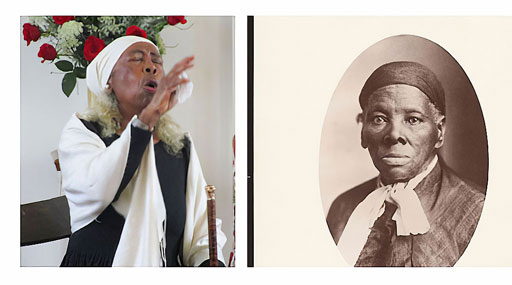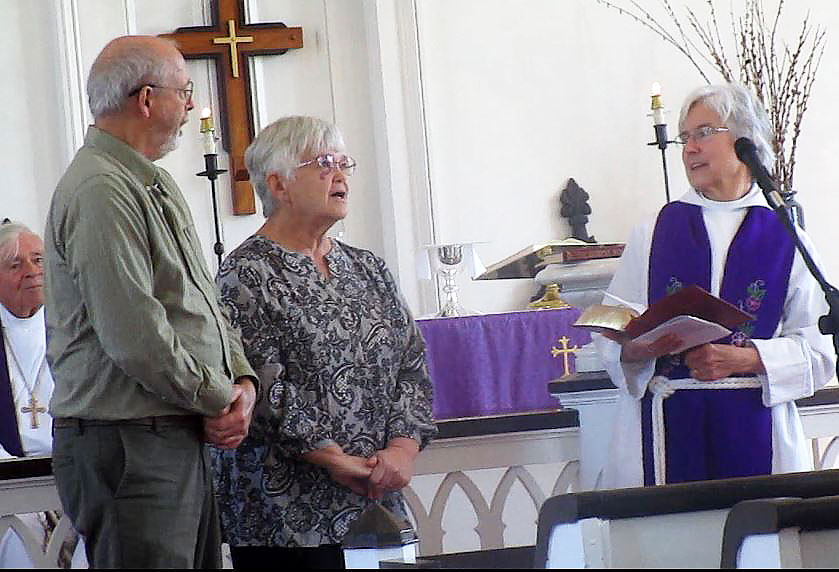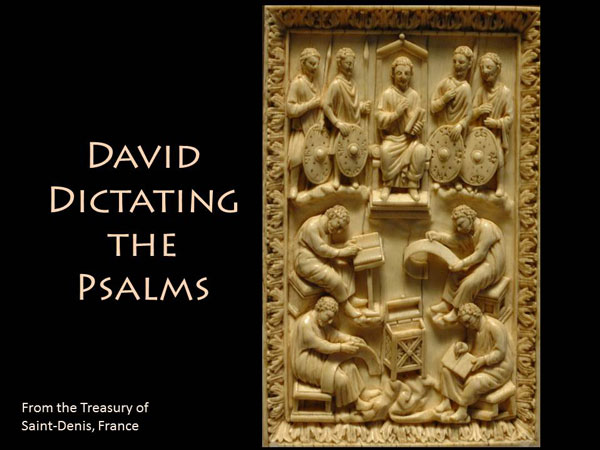
St. Patrick, apostle of Ireland, was born in England, circa 386. Surprisingly, he was not raised with a strong emphasis on religion.
When St. Patrick was 16 years old, he was captured by Irish pirates and brought to Ireland where he was sold into slavery. His job was to tend sheep. He came to view his enslavement of six years as God’s test of his faith, during which he became deeply devoted to Christianity through constant prayer. In a vision, he saw the children of Pagan Ireland reaching out their hands to him, which only increased his determination to free the Irish from Druidism by converting them to Christianity.
The idea of escaping enslavement came to St. Patrick in a dream, where a voice promised him he would find his way home to England. Eager to see the dream materialize, St. Patrick convinced some sailors to let him board their ship. After three days of sailing, he and the crew abandoned the ship in France and wandered, lost, for 28 days—covering 200 miles of territory in the process. At last, St. Patrick was reunited with his family in England.
Now a free man, he went to France where he studied and entered the priesthood. He never lost sight of his vision: he was determined to convert Ireland to Christianity. In 431, St. Patrick was Consecrated Bishop of the Irish, and went to Ireland to spread “The Good News” to the Pagans there. Patrick made his headquarters at Armagh in the North, where he built a school, and had the protection of the local monarch. From this base he made extensive missionary journeys, with considerable success.
To say that he single-handedly turned Ireland from a pagan to a Christian country is an exaggeration, but is not far from the truth. He baptized thousands and ordained many priests to lead new communities of Christians. His explanations of God was so simple that he was criticized during his lifetime for his lack of learning. However, he was known for his passion and zeal.
“Patrick was really a first—the first missionary to barbarians beyond the reach of Roman law,” Thomas Cahill writes in How the Irish Saved Civilization. “The step he took was in its way as bold as Columbus’s, and a thousand times more humane.”
Through preaching, writing and performing countless baptisms, he convinced Pagan Druids that they were worshiping idols under a belief system that kept them enslaved. By accepting Christianity, he told them, they would be elevated to “the people of the Lord and the sons of God.”
Patrick is said to have used the shamrock to explain the Trinity, demonstrating that God is both three (Father, Son, and Holy Spirit), yet one, as the shamrock is both three-leafed, yet a single plant. While no hard data proves that Patrick actually went around teaching via plant life, it was a brilliant move if he did. Shamrocks were sacred plants for the Druids, symbolizing eternal life. There is a consistent record of Celtic Christianity’s reinterpreting the culture into Christian forms, and this is a profound example of that.
St. Patrick died in 461 in Saul, Ireland. Though he was never formally canonized by a pope, St. Patrick is on the List of Saints, and was declared a Saint in Heaven by many Catholic churches.
The Episcopal Church annually honors St. Patrick with the celebration of St. Patrick’s Day on March 17, the date of his death, which falls during the Christian season of Lent.






